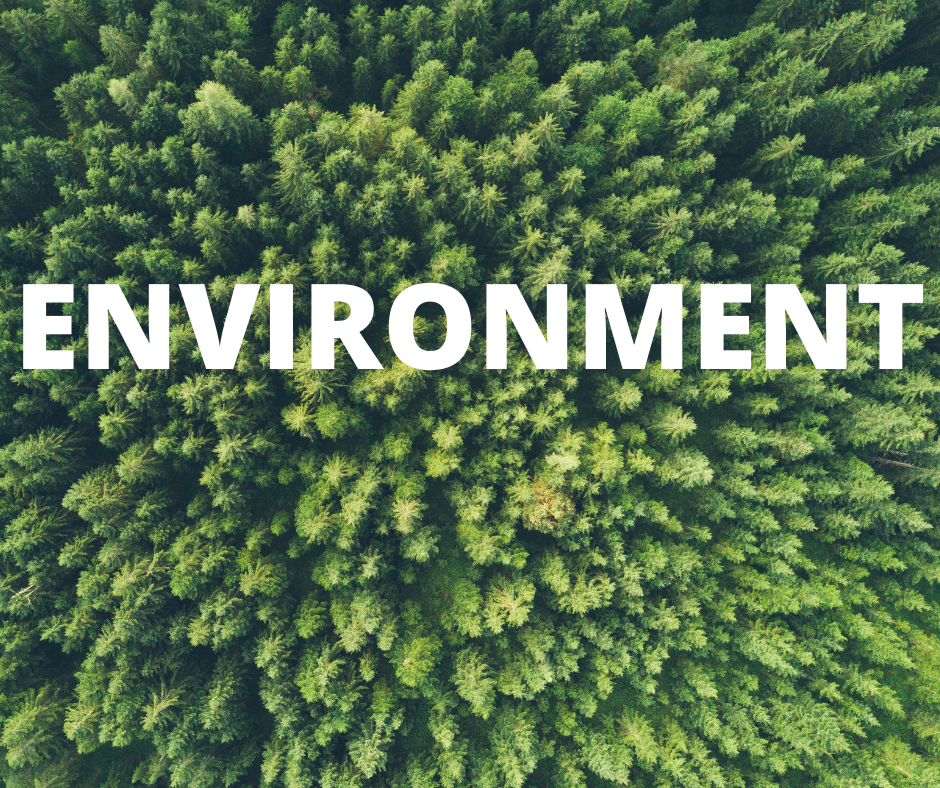Every thing you need to know about the Paris Climate Agreement
- Tamsin Hollyman
- Jan 22, 2021
- 2 min read
The Paris Climate Agreement; most of us have heard of it. Some of us might have studied it. But what really is it? Today on the Eco forum we will be shedding some light on this incredibly important International Agreement.
Whilst it is nice to know that agreements that protect our future are going on in the world, we must also recognise that the only way to ensure that governments are held accountable to their promises, is to know exactly what their promises entail. To this end, here are some of the most important aspects of the deal.
Adopted in 2015 at the Paris 'Conference of the Parties', the Paris Climate Agreement is a legally binding international treaty on climate change. It is signed by 196 parties, (countries, states, republics etc) including China and India, who have the 1st and 3rd largest CO2 emissions in the world respectively. The Agreement's main aim is to 'limit global warming to well below 2, preferably to 1.5 degrees celsius, compared to pre-industrial levels'. In order to achieve this goal and to be climate-neutral by 2050, the agreement recognises that we have to be at the peak of our global greenhouse emissions as soon as possible.
In order to divide the work, the Agreement's aim was that by 2020, each signatory would have submitted their proposal for how, and by how much they plan to reduce greenhouse gas emissions by a certain date. These plans are called 'Nationally Determined Contributions' or NDCs (you will be pleased to know that the UK's was submitted accordingly on the 12th of December 2020). The UK's NDC states that it is committed to reducing greenhouse gas emissions across the economy by at least 68% by 2030 (compared to 1990 levels).
So how can we make sure that this happens? Our progress as countries is assessed on a five-yearly basis, with what is known as a 'global stocktake'. Moreover, from 2024 signatories will be required to adhere to the 'Enhanced Transparency Framework' that will ensure that all progress (or lack thereof) is reported transparently.
So there are the basics. You can't deny that the sheer scale of this plan is impressive. But unfortunately, the Agreement is only as good as its signatories. Without the involvement of the most influential (and most greenhouse gas dependant) countries, the plan would inevitably be much less effective - so I thank God that as I write President Biden has initiated the process of re-entering. Only time will tell if governments of the world will stay true to their word, because if they do not, they will have our generation to answer to.


Comments